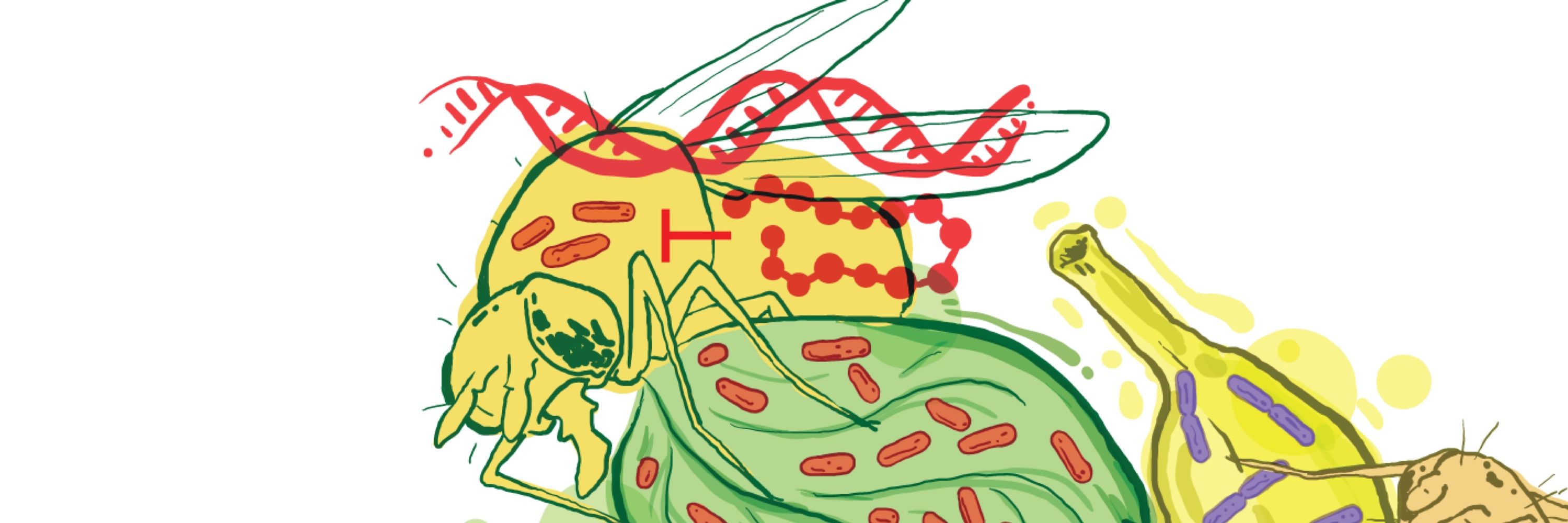Mark A. Hanson
@hansonmark.bsky.social
6.6K followers
1.1K following
1.6K posts
New PI interested in #immune #evolution, host #pathogen interactions, and #ScientificPublishing @ University of Exeter, UK. He/him.
#immunity #infection #antimicrobialpeptides #microbiome #Drosophila #AcademicSky #AcademicChatter #OpenScience 🇨🇦
Posts
Media
Videos
Starter Packs
Pinned
Mark A. Hanson
@hansonmark.bsky.social
· Aug 14
Reposted by Mark A. Hanson
Reposted by Mark A. Hanson






